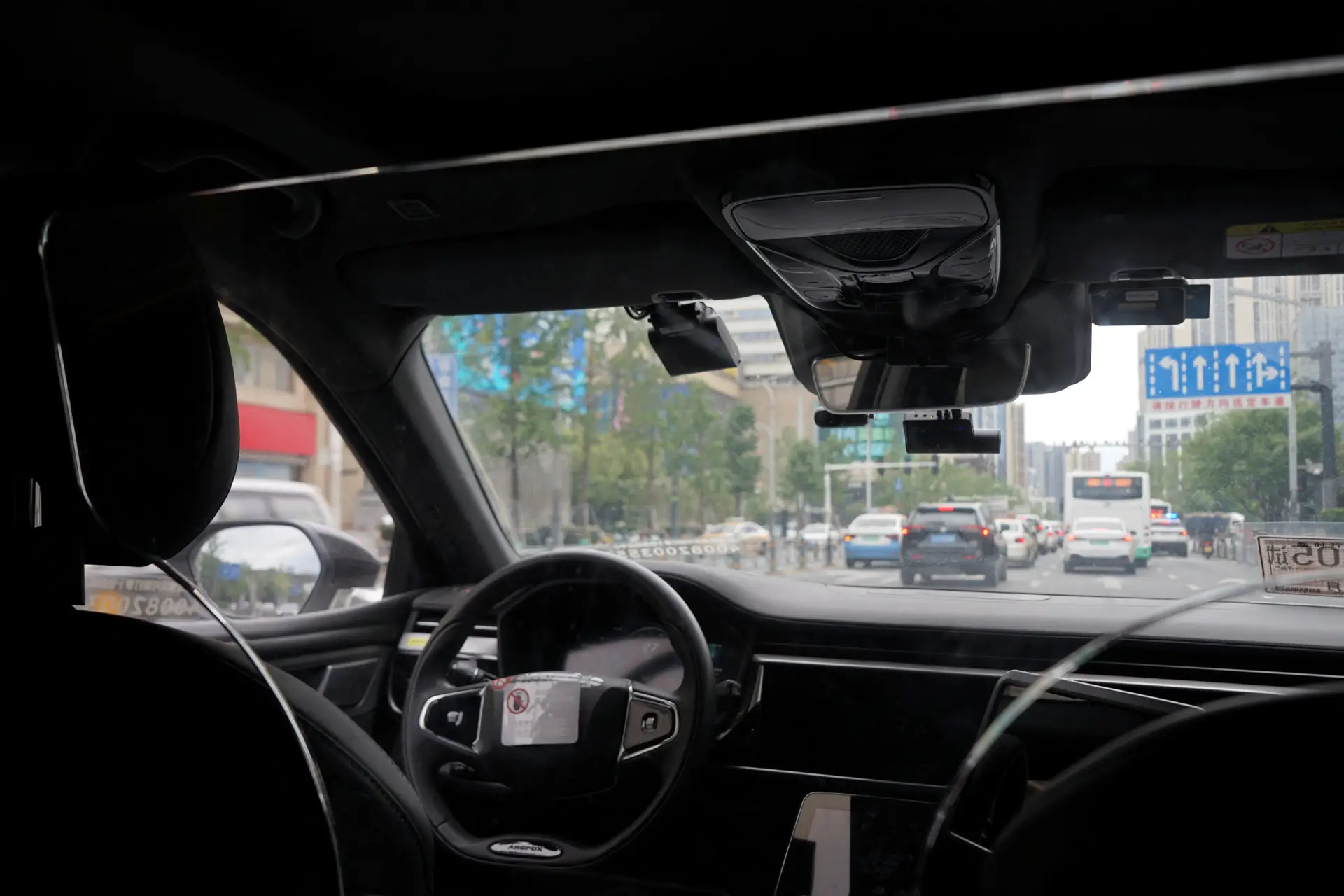world
Vehicles that drive without any human intervention are no longer a mirage, but a reality, especially in China. With this development, issues are now emerging that until then did not concern the Chinese people.
Have you ever imagined ordering a taxi and the moment you get in the car you notice there is no driver? Self-driving cars are becoming a reality in China, and they have even reached driving schools.
If you walk the streets of Wuhan, you will come across something that, if it happened in Portugal, would definitely make news.
However, in a major Chinese city, cars traveling alone on the roads has become quite common and goes unnoticed by locals.
Who is largely responsible for this technological phenomenon? Baidu, A company that offers self-driving taxis 24 hours a day, seven days a week.
No driver to supervise Apollo Go Vehicles Therefore, in the event of an accident, the assistant makes direct contact with the user remotely.
Several taxi drivers working in Wuhan, who declined to be identified, Revealed to Reuters Also known as auto taxis, these have taken over a large portion of the small trips within the city.
By the end of the year, Baidu plans to add 1,000 vehicles to its existing fleet.
But the company's goals are more ambitious. By 2030, it aims to be in 100 Chinese cities.
Replacing driving instructors with artificial intelligence
It's not just taxi drivers who are suffering from the spread of this technology. Driving instructors are also starting to be replaced by “AI coaches.”
One of China’s largest driving schools, Eastern Pioneer, has cut its human instructors by more than half since 2019, the year the automation began.
today, 80% of students prefer AI “coaches” The company only needs, on average, 1.5 professionals for every 10 students, as they now only play the role of assistants.
Instructors who sat in the passenger seat now have the role of supervising students, who are learning to drive “on their own.” Cars properly equipped with artificial intelligence systems.
These systems provide guidance for aspiring drivers and even brake or change direction in case of danger.
“In addition, our students’ experience and success rates [no exame de condução] It has also improved, while labor costs for us have decreased. The result is generally positive, said Zhang Yang, director of the school's intelligent training department.
Before getting behind the wheel for the first time, students at this institution Practice driving in virtual reality simulators.
China aims to position itself as a world leader in the self-driving car market.
In June, the country allowed nine automakers to begin testing advanced driver assistance systems on public roads.
Last month, Beijing introduced draft regulations for the use of the technology in public transportation.

“Wannabe internet buff. Future teen idol. Hardcore zombie guru. Gamer. Avid creator. Entrepreneur. Bacon ninja.”

